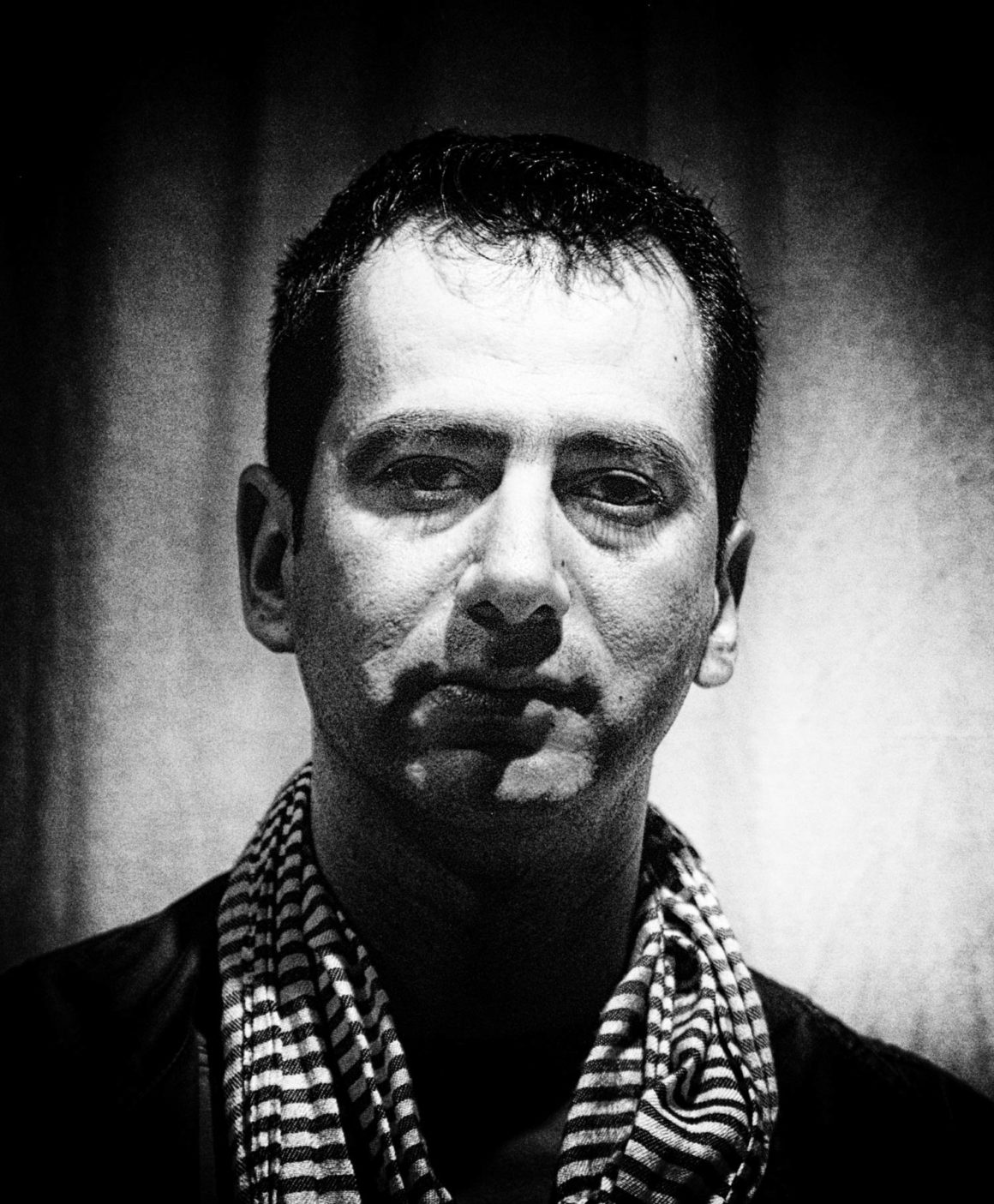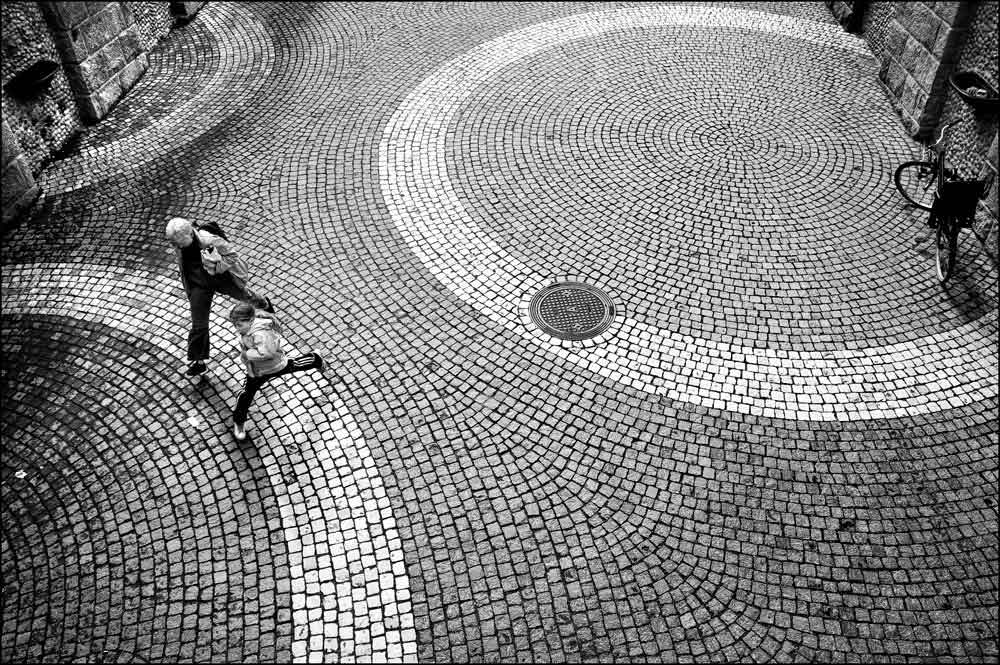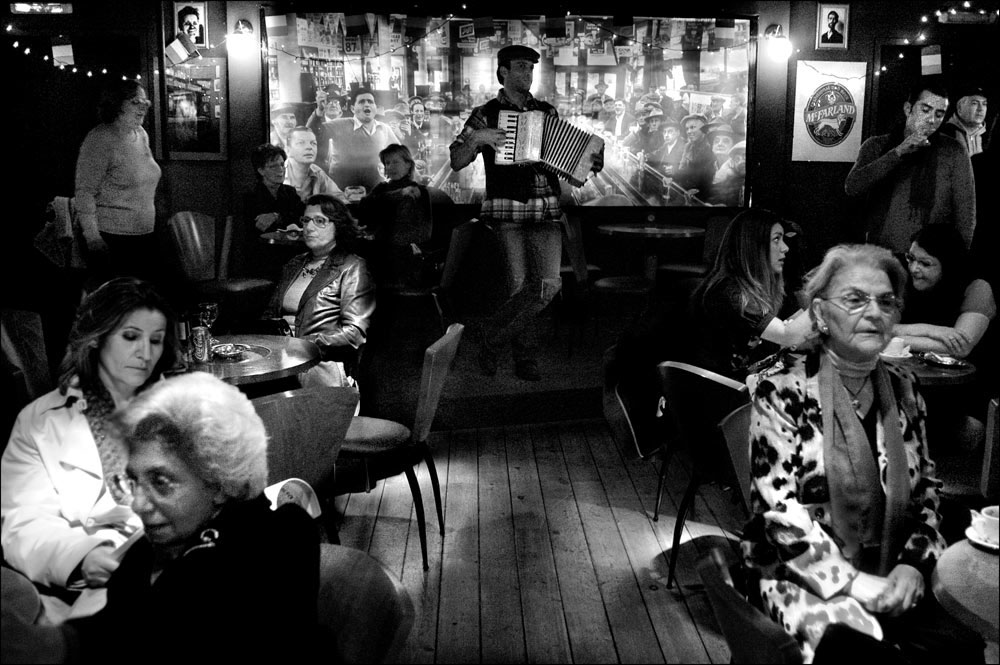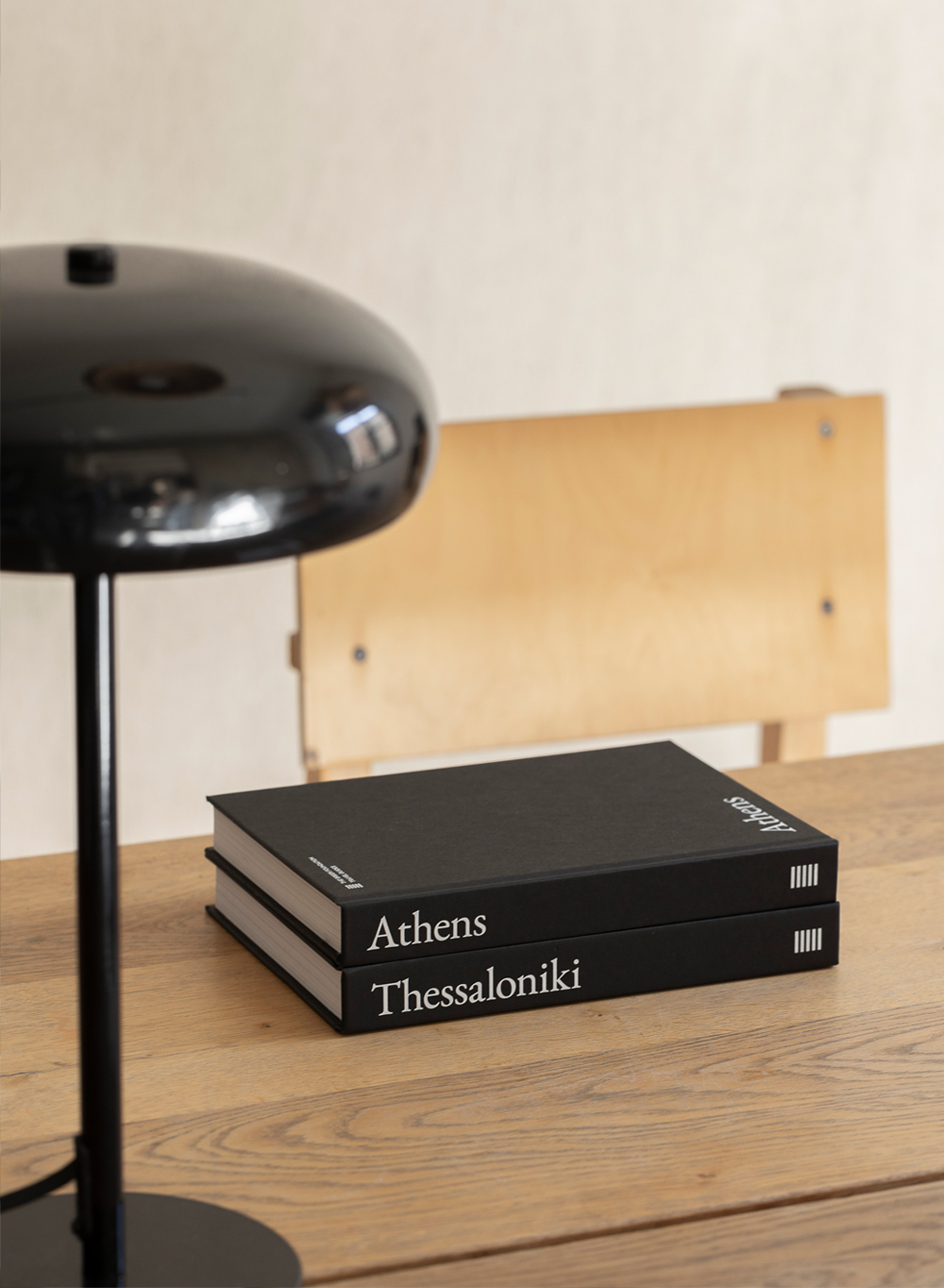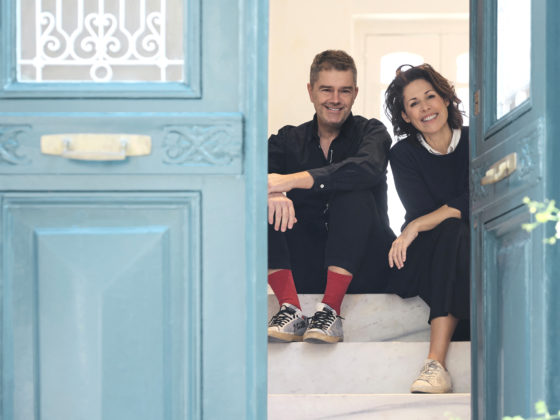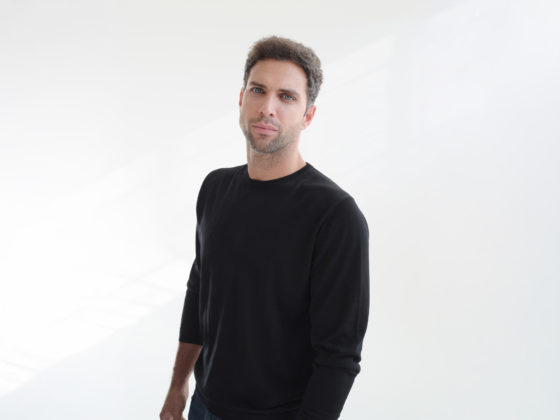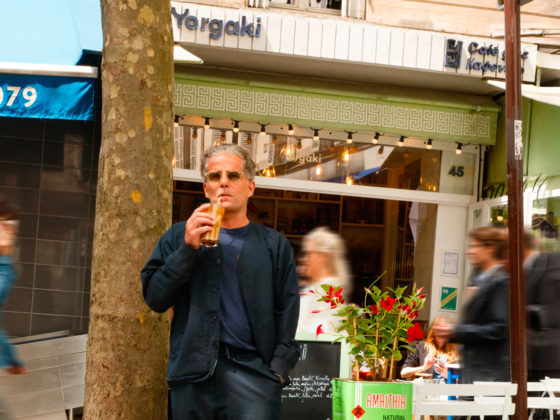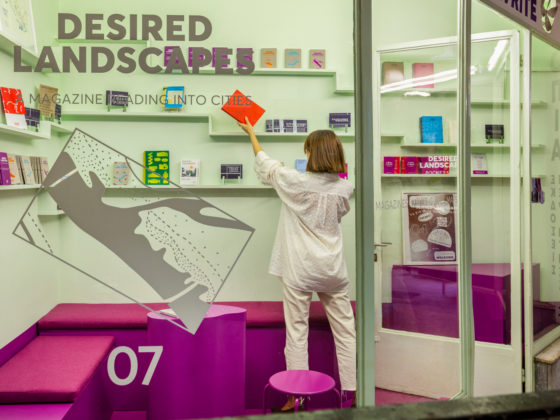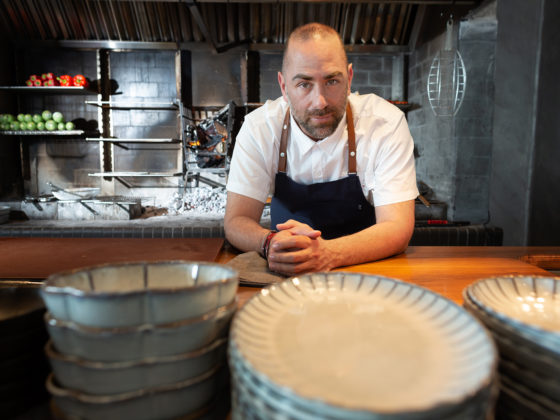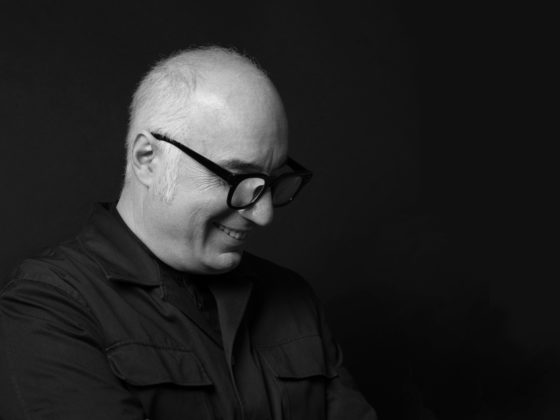An interview with photographer Lukas Vasilikos about the challenges of street photography, his personal work and interests, and the crisis in Greece.
Lukas Vasilikos is a prolific and versatile photographer whose almost obsessive dedication to the medium has helped him create an impressive body of work. He started photography in 2006 and soon became an active figure in the burgeoning online street photography scene, winning various awards along the way. Beside his improvised street photographs, Lukas also works on more personal projects exploring intimate family life, angst and loss. In 2014 his work was published in the new Gomma books influential album ‘Suture’, showcasing some of the top contemporary photographers. Lukas is a member of the “Depression Era” team of artists and writers that record the Greek crisis. He is also a member of the international collective “street-photographers” and the “Photography Circle”.
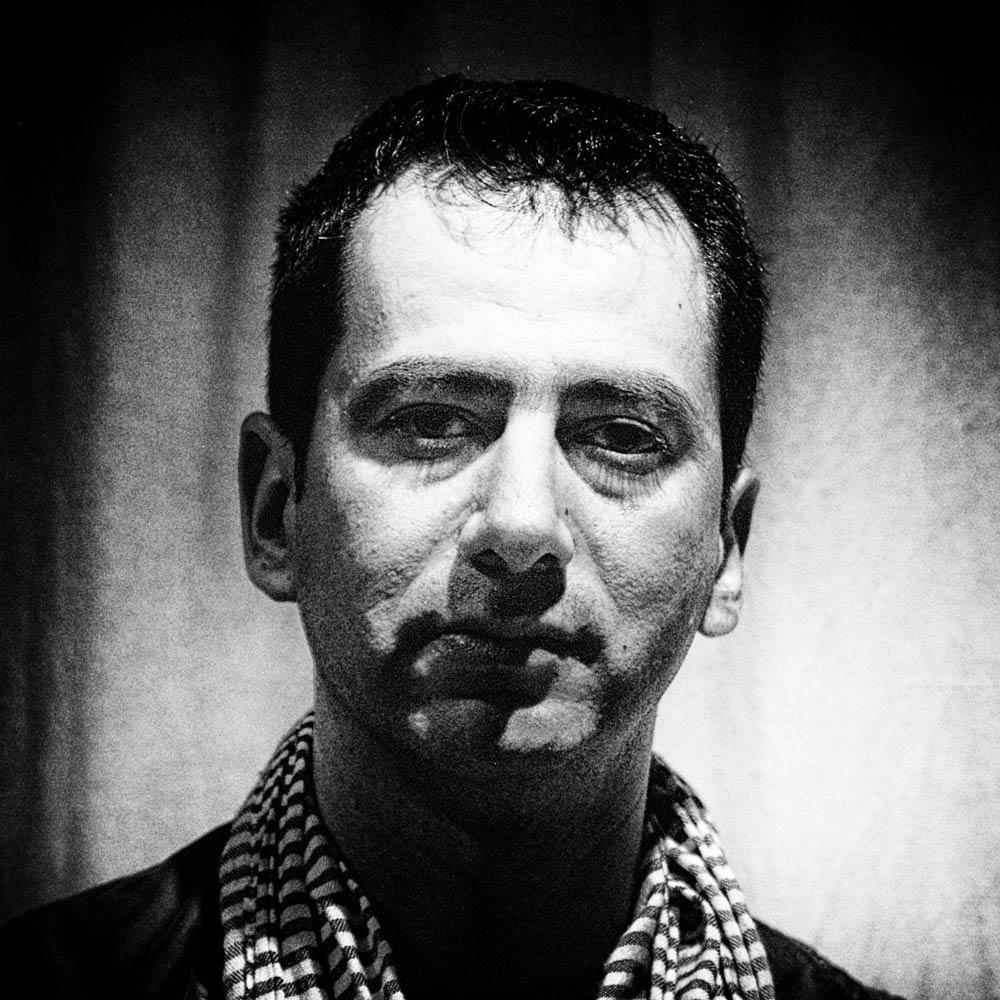
You got involved with photography relatively late in your life but became acknowledged rather quickly. Which of your personal needs did photography satisfy, as a means of expression? I became involved with photography when I was 31 years old. The only photographs I knew by that time were of a NG nature. I quickly realised that there was – and still is of course – a whole new world that I needed to discover. That world wasn’t necessarily real, i.e. the one we perceive and live in, but another, imaginary world, far from the reality surrounding us. In this context, I believe that photography helped me convey thoughts that couldn’t be expressed in any other way.
What are the difficulties that a street photographer faces? How do you manage to maintain the boundaries between personal and public? I think that the difficulty in street photography doesn’t lie with the subject of the photograph itself, but rather with finding a way to express oneself, in a world constantly moving, almost automatically, in a frantic and chaotic manner. On the one hand, the photographer needs to know really well what he wants to say and how to do it, to avoid getting lost in the world I described above. He also needs to refrain from getting lost in the all sorts of information he is faced and overwhelmed with on a daily basis – information which nowadays travels at the speed of light, too. On the other hand, the photographer needs to treat his subjects with respect and love. It is imperative that photographs exclude all kinds of indications or even hints of contempt or fraud.
What are the themes and feelings that you try to depict in your “world” through your images? At present, my photographs explore family-related issues. I’m interested in depicting the familiar, but in an unfamiliar way. “Memory” and “loss” are two notions that have both general and special meanings, which I also try to approach through my images.
What means and infrastructure are required in Greece in order to help in the production and promotion of the work of Greek photographers? Somewhere I read the following: Would we have known Robert Frank, had it not been for the Guggenheim Foundation, which funded the “The Americans”? Probably not. We live in an age where photographers can promote their work much easier than in the past, through social media and at no economic cost. Of course, it would be useful to have spaces exclusively dedicated to photography, allowing photographers to showcase their body of work under better conditions, and hence communicate it more effectively to the wider public. Another important issue is the lack of publishing houses dedicated to photography, which would help photographers looking to publish their work in books or albums.
Are there certain geographic or cultural elements that make a place more interesting in terms of street photography? I don’t think so. On the contrary, if strong cultural differences or folklore elements do exist in a place, which is the case for example with Istanbul, they become a “difficulty” that the photographer needs to overcome.
What part of street photography lies with luck and instinct and what with preparation? Luck plays a role in all forms of art – perhaps even more so in photography. However, a good photographer knows how to incorporate the element of luck into his work. Besides, there are things that appear coincidental to the viewer but in reality aren’t. As one takes pictures, “coincidental” starts to occur more often. I also believe that instinct is very important to an artist, if not the most important of all.
Your photographs are defined by a strong theatricality. Would you be interested in exploring similar crafts, such as for example cinema? I’ve thought about it many times, but I haven’t yet been given the opportunity to try it out. It would be particularly interesting to me, both as an inspiration and as a challenge, to address in a “cinematic” way, even experimentally, a different kind of approach.
You shoot both in black and white and in color. What is the difference between the two and in which cases do you choose each? At present I mostly shoot in black and white. Color has certain difficulties. Take a look around us, the world is in color. However, photography does not necessarily need to depict reality as it truly is. As we all known, it is very difficult to subtract in photography. If we further add up the element of color, things become even more difficult. Of course, the choice between black and white and color is also related to the options provided – it depends in other words on the project I’m working on, and the given circumstances.
What have you gained from your participation in the Depression Era collective? How can such a collaboration benefit a photographer? The Depression Era project started off in a photography studio, alongside many excellent Greek photographers, and following endless conversations on the crisis and the way that each one of us perceived it. Each photographer worked on his own project, and the rest contributed their ideas and opinions. This process was particularly creative for all photographers involved.
In what way does the ongoing economic, social and political crisis in Greece affect artistic production in general, and you as a person in particular? Artists are “troubled” with many things in their lives. Art is the key that helps them out with their difficulties at a personal level, albeit not always in a successful way. I personally try not to be affected by the ongoing economic, social and political crisis in a way that would impact my artistic awareness and creativity in a negative way. I try to turn “crisis” into artistic production. Psychology is however a negative factor; unfortunately, we live in a country where, as a result of the turn of events, a large part of the population has been unhappy over the past 7-8 years. Artistically speaking, I have turned to an inner part of myself, and that might be a kind of defense against all that’s taking place around us, which in many cases is inhumane.
